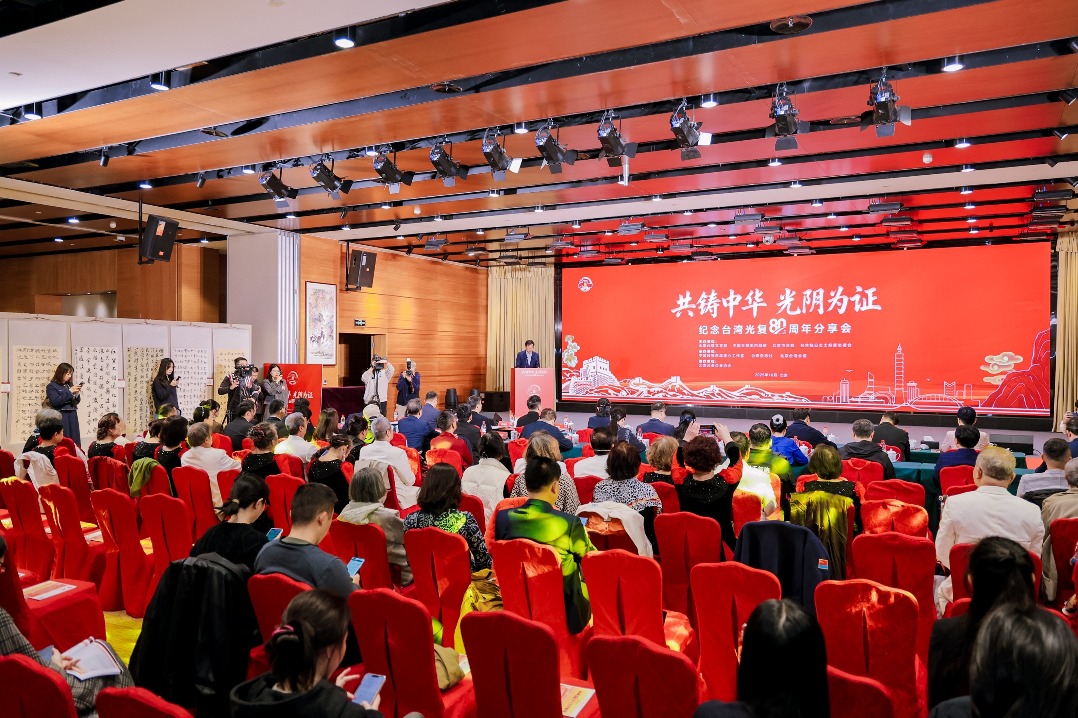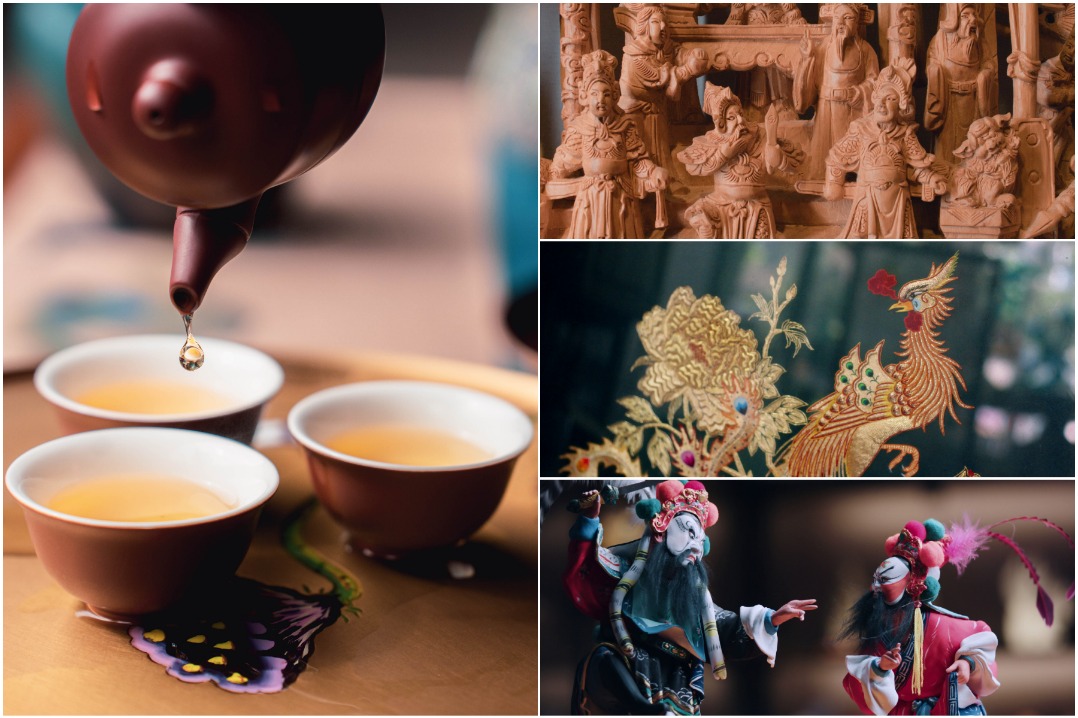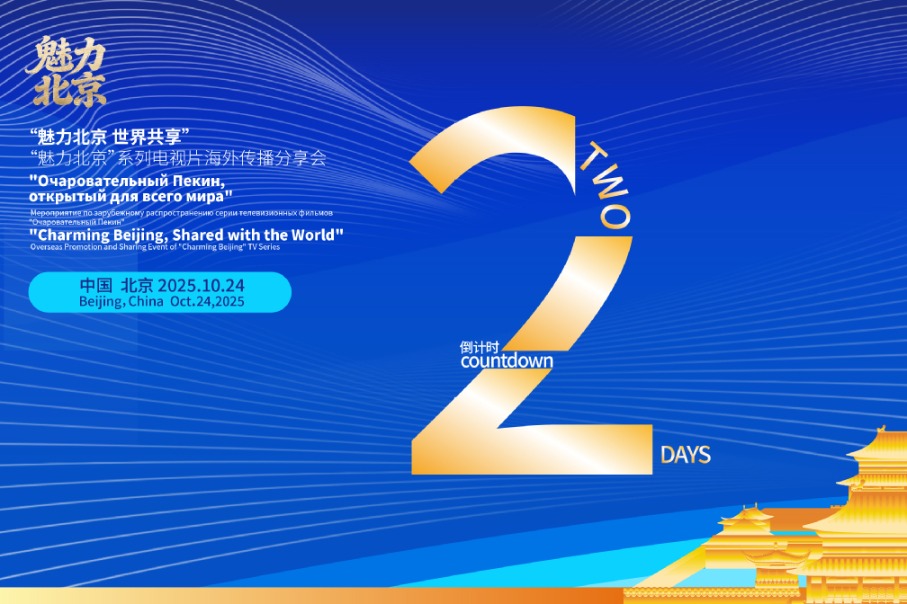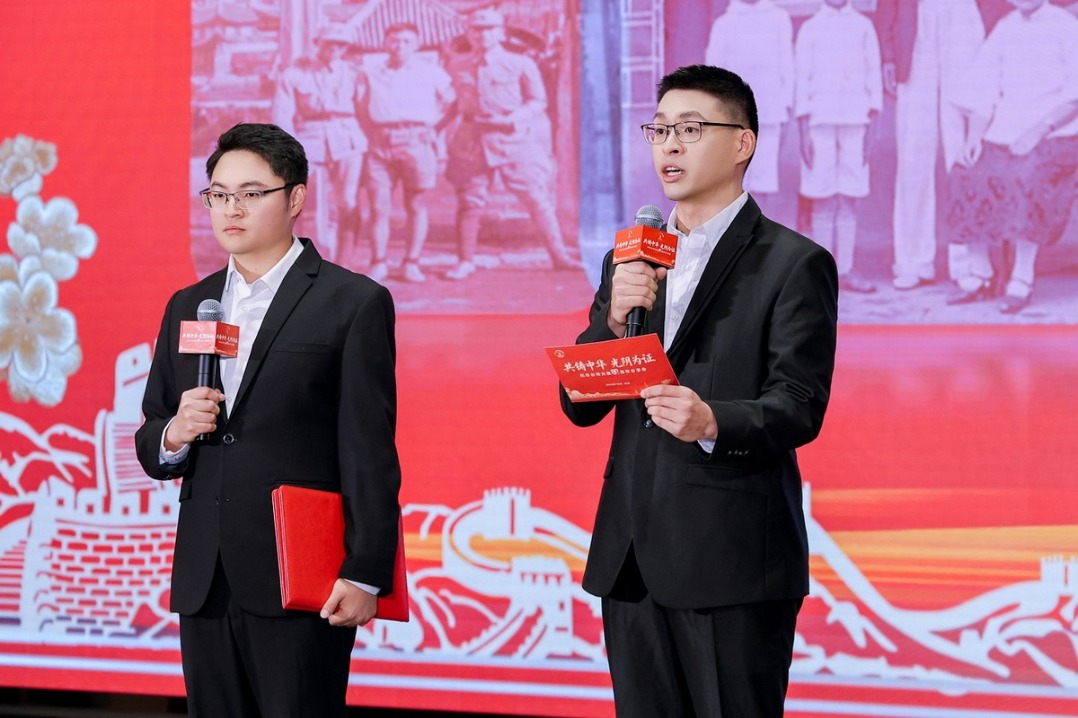Wisdom of sages and poet's inner self

Renowned Sinologist urges Chinese writers to look for gems of knowledge in distant fields
For Wolfgang Kubin, studying Chinese literature sheds light not only on China, but on his inner self.
"It makes it clearer to me who I am, who I love and what I want from life," says Kubin, 70, a prominent European Sinologist.
| Wolfgang Kubin, a German Sinologist, says that Chinese writers ought to work harder to improve their foreign language skills and nurture themselves with foreign literature. Zhou Wa / China Daily |
In that vein, Chinese writers ought to work harder to improve their foreign language skills and nurture themselves with foreign literature, he says.
Kubin, who has studied Chinese literature and culture for more than 40 years, is renowned for his translations in the 1990s of short stories and essays by Lu Xun.
Lu Xun is the pen name of the versatile writer Zhou Shuren (1881-1936), one of the first Chinese writers to use the vernacular instead of classical Chinese to create literature, and widely recognized as one of the founders of modern Chinese literature.

Ge Tao of the China-based Lu Xun Culture Foundation says: "Lu Xun's essays are often very incisive in his societal commentary. He is a master of irony, and that makes his works very difficult to translate."
However, Kubin has cracked this tough nut, and he has compiled six books of Lu Xun's works. For Kubin, Lu Xun is the preeminent Chinese writer.
Kubin also likes Li Bai (AD 701-762) of the Tang dynasty (618-907) and Su Shi (1037-1101) of the Song dynasty (960-1279), because they "have a strong ability with language, their thoughts are deep and wise and they fear nothing in life".
Li Bai, one of most prominent figures as Chinese poetry, came to be called the Fairy Poet because of his romantic works; and Su Shi, a major personality and a politician, is famous for his lyrics.
In Su's political struggles one of his constant companions was failure, and he was sent into exile more than once. His periods of political frustration proved particularly fruitful for him in the exercise of his literary talents.
However, such travails failed to dim the poet's enthusiasm and the optimism conveyed in his works, Kubin says.
"That is what he has taught me. ... They are fine models; I want to be like them."
Richard Trappl, director of the Confucius Institute at the University of Vienna, agrees with Kubin on the importance of mastering a foreign language.
"People can learn more about themselves through learning foreign languages. Looking beyond oneself offers another angle to look back at oneself."
Kubin has also compiled the History of Chinese Literature in the 20th Century (published in German as Geschichte der chinesischen Literatur im 20. Jahrhundert), which is widely considered indispensable and a classic.
He voices concern about contemporary Chinese literature, saying that writers of the era since 1949 have lacked profundity of thought and are too preoccupied with marketing.
"A writer who thinks of money or fame while writing cannot be called a writer at all. He's nothing more than a businessman. Before deciding to write, Chinese writers should ask themselves whether they really like Chinese literature itself. They should know what they want and who they are."
He also calls on Chinese writers to read more books, so they can convey the deep wisdom of classical Chinese literature through their own works.
Although Kubin is an influential Sinologist and can write poetry and prose in Chinese, he says he was by no means a top-flight student. He was lazy, procrastinated and was irresponsible until he was "enlightened" while reading the Bible when he was 16, he says.
He then threw himself into his work, in which two of the prime elements were self-discipline and determination. "I learned perseverance from Chinese writers like Su Shi. Before reaching your goals, you should stick to your ways."
To this day Kubin has retained that work ethic, he says, and that is illustrated in one of his pastimes, playing soccer, he says.
"In a game, if it's 3-0 with two minutes to go, I will still try my best. Actually in a game once we really did manage to get a draw in the last few minutes."
In 2011 he retired from Bonn University, but instead of settling for a quiet retirement opted to travel to China to continue teaching, writing and translating. Since 2011 he has published six books.
His work schedule is tightly planned, and after getting up at 5:30 am every day he writes, translates and does research until midnight. He cannot stop writing, because if he stops, he "feels ill and cannot sleep well", he says.
"You cannot begin to write until you have inspiration. Actually inspiration comes if you keep writing. That's exactly the thing of 'practice makes perfect'.
"When writing becomes an instinct, it's not you writing articles; it's more like poetry and prose showing themselves through you."
Every week Kubin's prose is published in the Guangzhou newspaper Yangcheng Evening News, and every month articles of his appear in the weekly magazine Southern Weekly, based in the same city.

His Chinese writer friends admire him because not only can he speak Chinese, but it is also better than that of some Chinese natives.
In one piece of Chinese prose, Kubin says: "I like to eat jiangbaorou (brown sauce pork), lazi jiding (spicy chicken slices) and jiaozi (dumplings), also with some erguotou (typical Beijing strong liquor) and peanuts. That almost propels me into heaven."
The poet Wang Xin'an, a friend of Kubin, says: "You can tell there is a kind of vitality in his Chinese. He is sensitive in the language, which is closely associated with his hard work."
Another poet friend, Ouyang Jianghe, calls him a ghost because he always takes friends to visit graveyards. According to Kubin, visiting graveyards calms him.
"You have not lived until you know death. Kubin knows that very well; he is someone who has lived," Ouyang says.
Kubin says he has visited the tombs of many Chinese thinkers and literary giants, such as Li Shangyin and Bai Juyi, poets of the Tang dynasty.
"As I stood in front of the tomb of Master Meng (372-289 BC, also known as Meng Zi, an ancient Chinese thinker, educator and Confucian philosopher), I felt I was communicating with him. I showed my gratefulness to him, because he makes me think about who I am."
Kubin studied theology at the University of Muenster from 1966 until 1968. In 1967 he read a poem by Li Bai and was so struck by it that he decided to study Chinese literature.
Any thoughts he had of traveling to China in those earlier years were stymied by the "cultural revolution" (1966-1976), so instead he went to Japan looking for traces of the Tang dynasty. He eventually traveled to China in 1974 to learn modern Chinese.
Like Li Bai he enjoys a strong drink, to the extent that he says that only liquor with an alcohol content of more than 68 percent can truly impress him.
In his office at Beijing Foreign Studies University is a glass cabinet in which stand bottles of Wuliangye, Maotai and other Chinese spirits. On his desk stands a stainless steel flask.
However, Kubin says he does not drink as he is going about the task of writing or translating; for him the job needs his full concentration.
"Being both a writer and a translator is a serious profession. It's like factory workers and farmers. If farmers don't farm there will be no harvest in autumn."
Writers need a pure love of literature free of utilitarian intent, he says. For Chinese writers looking for level-headedness and serenity he has a suggestion: they can find it in graveyards.
zhouwa@chinadaily.com.cn
(China Daily Africa Weekly 01/08/2016 page32)
Today's Top News
- China-EU dialogue aims to manage differences
- Rising tariffs set to threaten medical sector
- Airbus launches 2nd Tianjin assembly line
- Plenum doubles down on opening-up to deepen engagement with the world
- Talks rational means to settle differences
- Mainland to enhance exchanges with all political entities in Taiwan































